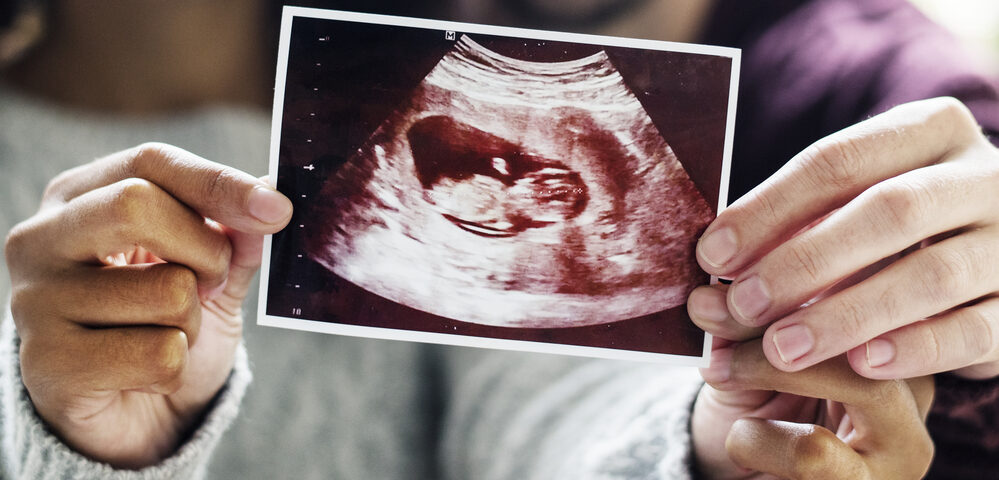
Chrissy Tiegen and John Legend Welcome 4th Child Via Surrogacy
July 5, 2023
Single Dad Becomes a Father Via Surrogacy After a Decade
July 15, 2023The Pregnant Workers Fairness Act (PWFA) is a new law requiring workers to give reasonable accommodations to pregnant women and women who’ve recently given birth, along with women who have related medical conditions. While it would seem that these accommodations would be naturally offered, that’s actually not the case for many women.
One of the biggest advocates who helped get this law passed is Natasha Jackson. Thirteen years ago, she was put on leave from her job as a furniture store manager when she was three months pregnant with her third baby. The store put her on unpaid time off for 12 weeks through the Family and Medical Leave Act (FMLA). Why? Because her doctor gave her a common recommendation that she shouldn’t lift anything over 20 pounds.
When her leave was up, Jackson wanted to return to work. She was told she had to wait until after the baby’s birth, and then could come back if her position was still available. Two months after her baby was born, she got a letter saying she no longer had a job. She brought a claim against the company for pregnancy discrimination, but lost in arbitration. Since she was the main income-earner for her family, they struggled with homelessness and Jackson ended up divorced.
With the new law in effect, someone who’s pregnant or who has just given birth won’t have to worry about losing their job and their economic security for any reasons surrounding their pregnancy. They can’t be terminated for being pregnant, or the accommodations that come with that condition. Additionally, they can’t be fired for needing to recover, which protects them in the postpartum period, as well.
The law was signed by President Biden in 2022, and will close a loophole in the legally protected categories of people who could request accommodation from their employers. Now pregnant women can feel safe that they don’t have to choose between financial security and a healthy pregnancy. There is already a Pregnancy Discrimination Act in place, but it was rarely enforced and didn’t address making accommodations for pregnancy, so women could keep working.
Our team of experts will carefully listen to you and tailor a comprehensive family-building plan to your specific wishes and needs. After a review of your assisted reproduction needs, we will draft any requisite contracts, provide you with a thorough legal consultation to explain the contract terms, and finalize your parental rights, if necessary. Contact us today to schedule a consultation!




